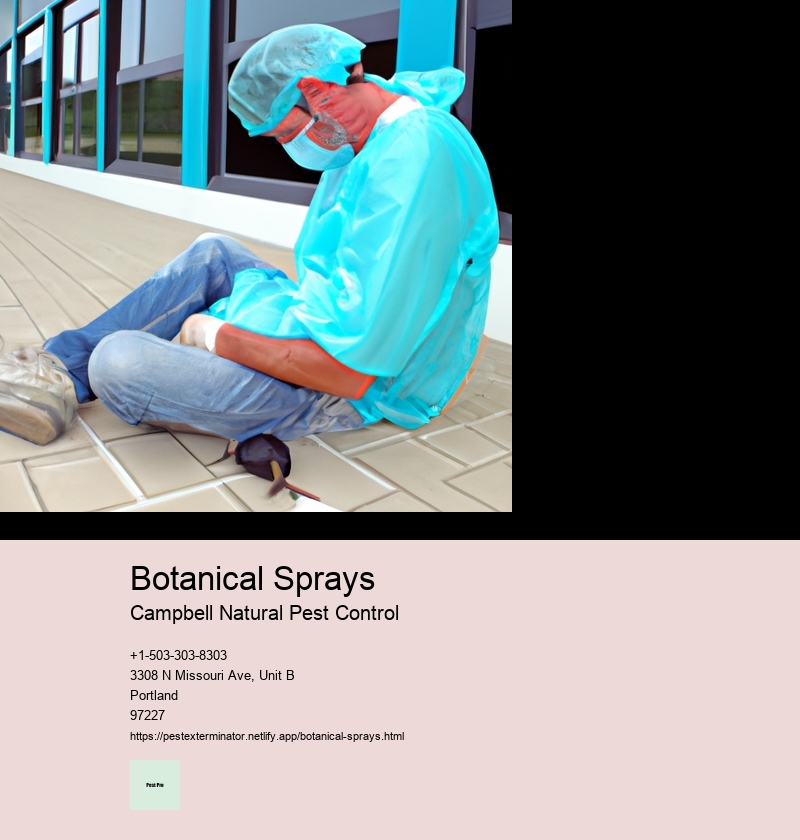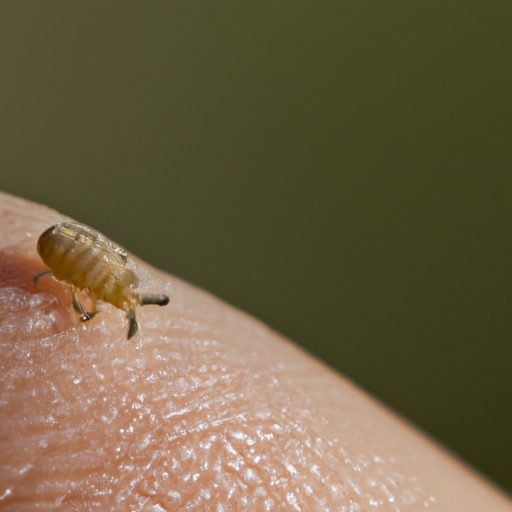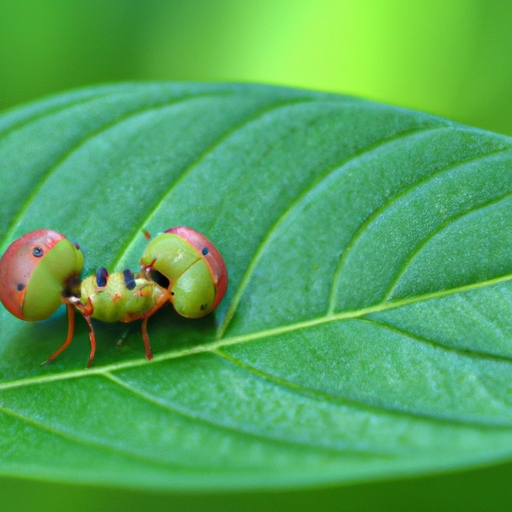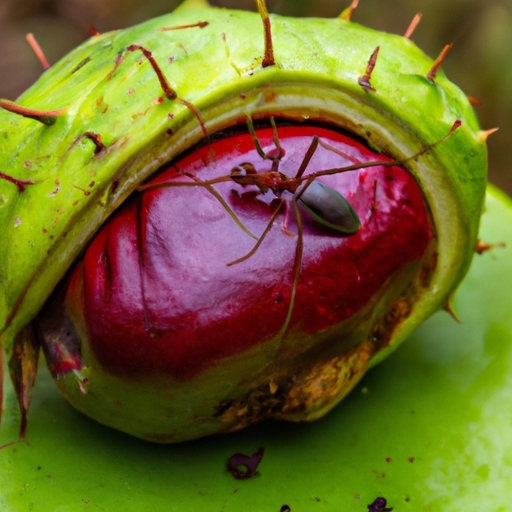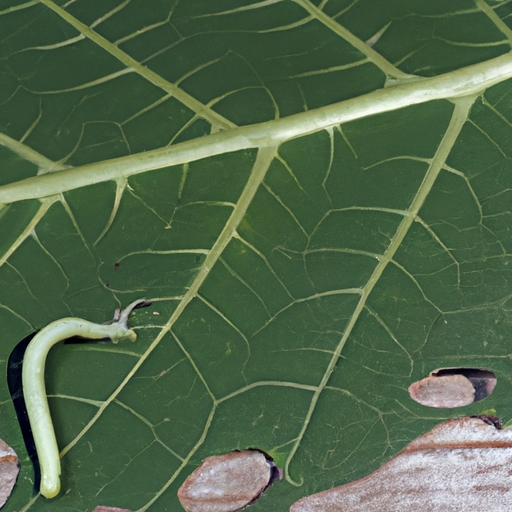Botanical Sprays
natural pest control
Benefits of Botanical Sprays! (Botanical sprays are a great way to bring the natural world into your home, office, or garden.) They can help with air purification, pest control, and even mood enhancement.
One of the major benefits of using botanical sprays is their ability to purify the air. Natural ingredients like eucalyptus oil and peppermint oil have been shown to be effective at reducing allergens in the air. The pleasant aromas from these natural oils also help create a calming atmosphere that can reduce stress and increase focus.
Another advantage of botanical sprays is their effectiveness at repelling pests such as mosquitoes and other insects. Essential oils like citronella oil are popular for this purpose because they don't contain harsh chemicals that could pose health risks. Plus, many people find the smell quite refreshing!
Botanical Sprays - insecticides and repellents
- non-toxic home and garden remedies
- non-toxic home and garden remedies
- non-toxic home and garden remedies
Finally, botanical sprays can also help enhance moods by providing a sense of calmness and relaxation. Oils such as lavender and chamomile can promote tranquility while scents like jasmine may provide uplifting effects that foster creativity. Furthermore, diffusing essential oils into the air through an atomizer or vaporizer can help fill spaces with an aromatic scent that creates an inviting ambience. (This makes them perfect for sprucing up any room!)
In summary, there are countless benefits to utilizing botanical sprays in your environment! These natural products offer not only pest control but also air purification abilities as well as potential mood enhancing qualities. So don't hesitate to reap the rewards these delightful scents have to offer!

